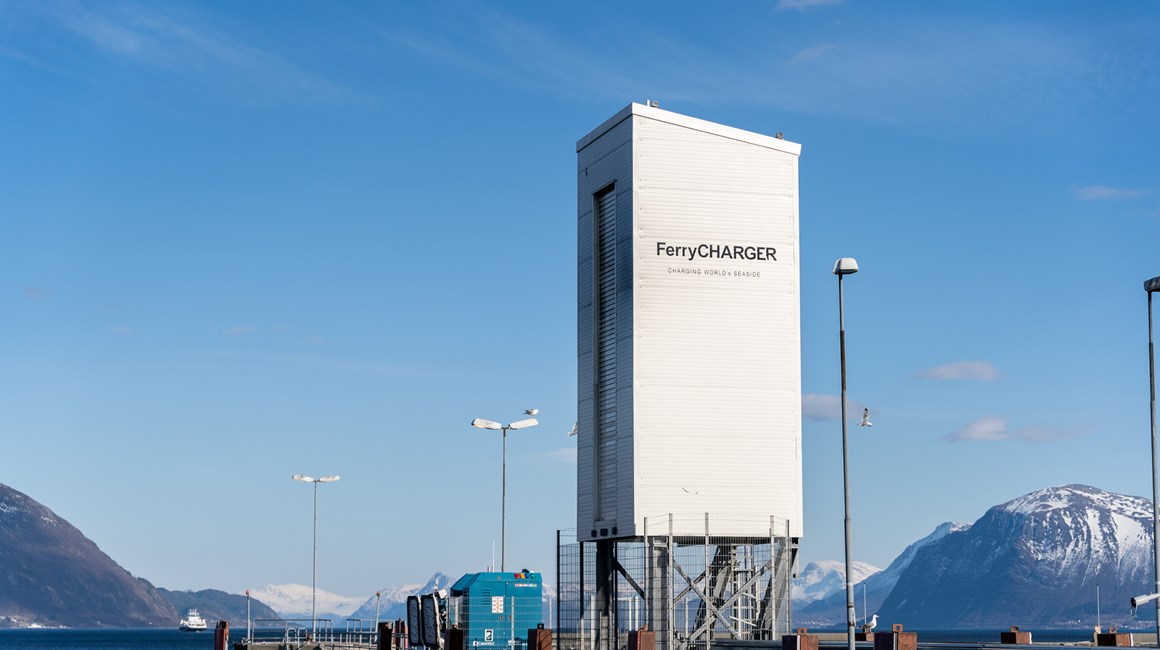Norwegian maritime supplier NES, which specializes in sustainable energy design and smart control, will provide the complete onshore ferry-charging system for the Rødby ferry berth and connect the equipment to the onshore grid system.

“The maritime and shipping industries are working to reduce emissions from fossil fuels, and Scandlines is definitely taking their part of this responsibility with both its new ferry and the onshore charging infrastructure which will enable a zero-emission crossing,” says Stein Ruben Larsen, Senior Vice President Sales in NES.
Scandlines’ newbuild freight ferry will operate the Puttgarden-Rødby route. The ferry will initially exclusively charge in Rødby, Denmark. In 2019, Scandlines invested in a 50 kV / 25 MW power cable to Færgevej in Rødbyhavn. This cable will now be extended to the ferry berths, where NES will install a 15 kV charging tower, low and high voltage transformers and switchboard, including control and communication system.
With a crossing time of one hour and ten minutes, the ferry is emission free. The ferry can also be operated as a hybrid ferry using both battery and MGO power. In hybrid mode the crossing time is 45 – 50 minutes.
«It has been important to us to find a supplier that can handle the entire energy package, covering both the installation aboard the ferry as well as the shore installation, thus avoiding any interface. We are confident that Scandlines and NES together with the yard will set the standard for powerful, sustainable and safe marine technology on our new ferry,” says Rasmus Nielsen, Naval Architect, Scandlines.

FROM GRID TO PROPELLER
In November 2021, Scandlines entered into a contract with Cemre Shipyard, Turkey, to build the freight ferry. The new ferry is expected to commence services in 2024.
In February, Cemre Shipyard awarded NES a separate contract to supply the zero-emission ferry’s battery and control systems, plus act as system integrator for the ferry’s power system and smart control set-up. This means that NES will be in charge of the complete energy design, electric power and distribution including energy storage system (battery) and onshore charging system. This is the largest contract ever for NES.
“Through winning these two contracts, NES will basically manage the complete energy design, from the onshore power grid to the vessel’s propellers,” adds Stein Ruben Larsen.
NES, which is a subsidiary of HAV Group ASA listed on Euronext Growth Oslo, will utilise competence across its three Norwegian facilities – in Bergen (HQ), Egersund and Ålesund – to design, assemble and test the onshore charging system, which will be delivered in the second half of 2023.
Return to articles Share Facebook
